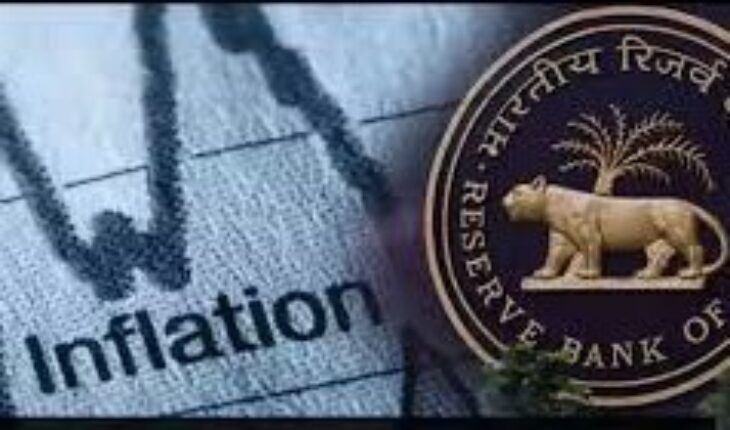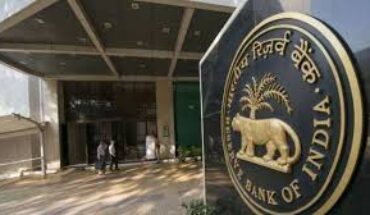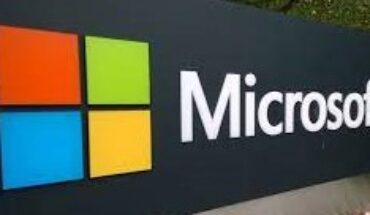New Delhi: Retail inflation in India eased to a 69-month low in April, primarily due to continued moderation in food prices, bolstering expectations that the Reserve Bank of India (RBI) will maintain its interest rate-cutting trajectory in the coming months.
According to data released by the National Statistics Office (NSO) on Tuesday, retail inflation, measured by the consumer price index (CPI), declined to 3.2 per cent in April from 3.3 per cent in March, marking its lowest level since July 2019.
Rural inflation stood at 2.9 per cent, while urban areas experienced a slightly higher rate of 3.4 per cent. This represents the third consecutive month that retail inflation has remained below the central bank’s target of 4 per cent.
Food inflation decreased to 1.8 per cent in April from 2.7 per cent in March, reaching its lowest point since October 2021. The overall decline in inflation was largely attributed to reduced prices across several food categories, including vegetables, pulses and products, fruits, meat and fish, and cereals and products.
Notably, vegetable inflation contracted by nearly 11 per cent in April, while pulses and products saw a decrease of 5.2 per cent. However, certain pressure points persisted, with fruits and oils & fats inflation remaining in double digits during the month.
Financial experts anticipate that the RBI will implement a rate cut in June during its next monetary policy review, given the additional leeway provided by the significant moderation in price pressures.
“We anticipate the CPI inflation to average 3.5 per cent in FY26, with the prints for Q2 and Q3 sharply trailing the MPC’s projections for these quarters, allowing for an additional 75 basis points of rate cuts in this calendar year,” said Aditi Nayar, Chief Economist, ICRA.
She added, “A 25 basis points (bps) rate cut appears forthcoming in the June 2025 policy, followed by easing of 25 bps each in the August and October 2025 policy reviews.”
If GDP growth print for Q4 FY2025 does not report an acceleration from the 6.2 per cent seen for Q3, the MPC may consider front-loading the rate easing, with a 50 bps cut in the upcoming review,” Nayar elaborated.






